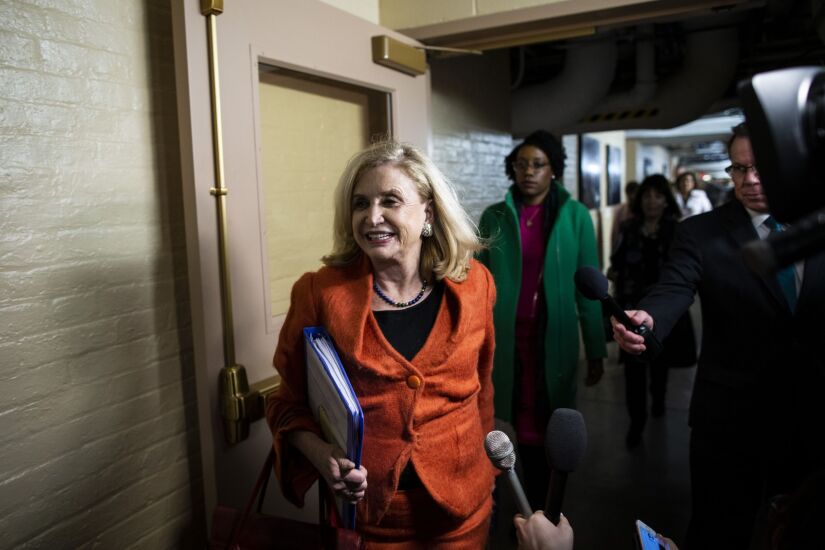WASHINGTON — It's been a historically busy session for Congress, but lawmakers may not be quite done yet as the nation barrels toward a midterm election.
Today's legislative landscape is a far cry from the winter of 2021, when it had appeared that the legislative core of the Biden administration's agenda — the Build Back Better Act — had been scrapped over differences between moderate and progressive Democrats.
But months later, Democrats on Capitol Hill shocked observers and insiders alike when Senate Majority Leader Chuck Schumer and West Virginia Sen. Joe Manchin announced a deal that would eventually usher in the federal government's
Analysts note that the 117th Congress has been surprisingly kind to the banking industry as a whole: practically no provision passed by the legislature will have any meaningful impact on financial institutions — with the possible exception of a
"The fact that the banking industry was able to make it through both reconciliation bills largely unscathed, and we did not see an increase in the corporate rate — I think would surprise many bankers and observers if you would have asked us the morning after Georgia flipped the Senate to Democratic control," Isaac Boltansky, a managing director of BTIG, said in an interview. "The banking industry has fared far better during this Congress than some of us would have expected at the beginning of this session. "
This session of Congress won't gavel out until Jan. 3, 2023. That doesn't leave much time for lawmakers in legislative terms, and analysts tend to be bearish about dealmaking in the run-up to an election. But the lame duck session of Congress after Nov. 8 could be fertile ground for compromise, said Ian Katz, a managing director at Capital Alpha Partners, particularly if Republicans have a weaker showing than expected and take the House by a thin margin.
"If Republicans have like a 20- to 30-seat margin, they're more likely to have an attitude of, 'No, we're not going to do anything with Democrats, we're running it all in January, come back then,' " Katz said. "A small victory is probably more helpful for a lame-duck session."








